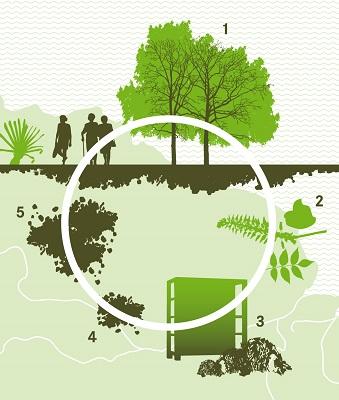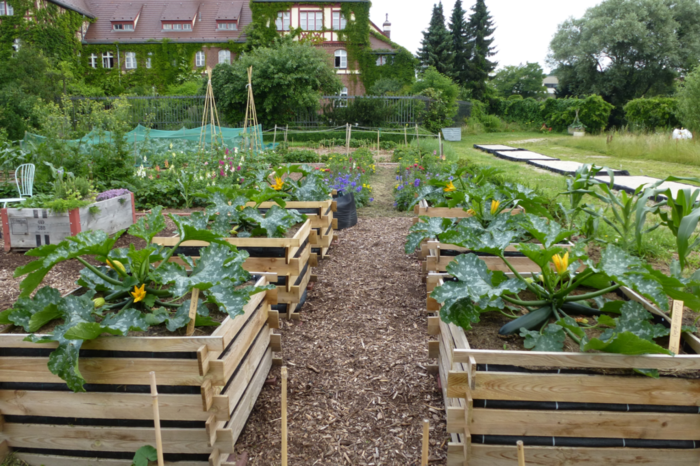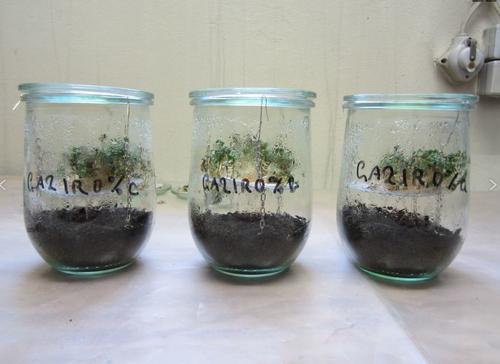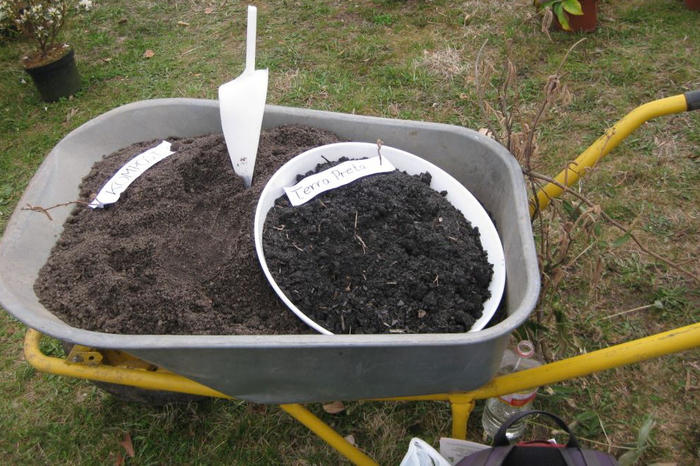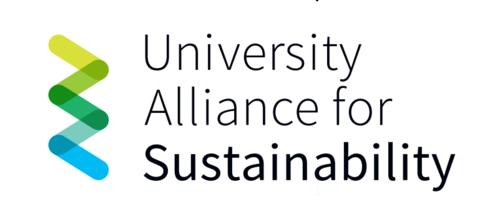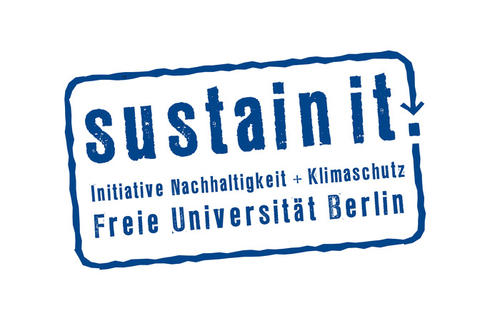CarbonThink: Closing the cycle and creating value from organic waste at Freie Universität Berlin
In the context of the research project CarboTIP the Working Group Geoecology of the Freie Universität Berlin is investigating the potential of organic residues and waste for the purpose of closing the cycle and saving fossil resources. The focus is on the production of biochar from biomass. The Living Lab is located at Tierpark Berlin-Friedrichsfelde and aims at establishing a low-emission and environment-friendly waste management. The overall goal is to demonstrate the potential of biochar technology and the associated CO2 reduction for the waste disposal system throughout Berlin.
The Sustainability & Energy Management Unit commissioned a feasibility study that examines the transfer potential for an implementation of this innovative scientific process at Freie Universität Berlin.
The study does not only evaluate existing waste flows and the current ecosystem stress but also technical, personnel and economic requirements. Additionally, the study looks into potential sources for the supply of organic waste as well as sites for the future use of biochar. The objective is to implement an interdisciplinary research and teaching project that utilizes organic waste from the campus green areas, fruit and vegetable scraps from the canteens as well as manure from the veterinary institutes to produce biochar and biochar substrates.
Creating a living lab
This Living Lab under the title “CarbonThink” provides the opportunity to recycle previously unused resources (e.g. 4.000 m3 of manure per year) in the form of biochar. This has many benefits: biochar is able to store CO2 and is particularly suited for composting, as it contributes to soil fertility. Furthermore, the production process of biochar releases thermal energy, which can be used for heating instead of fossil fuels. Therefore, the use of this process not only ensures a closed cycle along with reducing greenhouse gas emissions at Freie Universität Berlin, but also reduces the costs for waste disposal and energy supply. The interdisciplinary research project aims at the connection of sustainability-focused research and teaching and offers the chance to develop new teaching formats.
“CarbonThink” thus offers the opportunity to develop and implement environmentally and climate-friendly solutions for the university’s materials and energy management. In addition, it is a concept that does not treat organic residual materials as mere waste, but instead considers them as resources that can be utilized in a sustainably. After all, the university can improve its carbon footprint and ecological balance through this project.

